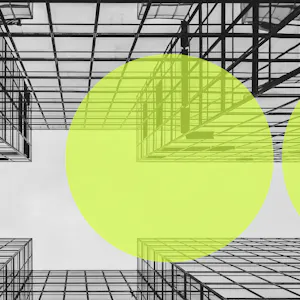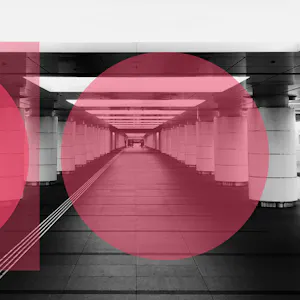Emerging threats

We support organisations striving to build a trustworthy, safe online environment where users can engage authentically in their communities.
Cross-sector corporatesWe support international government organisations and NGOs working to provide infrastructure or improve the capabilities, security and resilience of their nation.
International programmes and developmentWe support commercial organisations operating in a digital world, seeking to protect their reputation and prevent business disruption caused by cyber attacks and compliance breaches.
UK government and public sectorWe support UK government organisations responsible for safeguarding critical infrastructure, preserving public trust, and maintaining national security.



April 2024 marks the 40th anniversary of the Diretas Já civil movement in Brazil, a mass movement demanding direct presidential elections and a return to democracy after two decades of military dictatorship. Between January and April 1984, millions of people took to the streets in cities across the country to reject a regime which violently censored opposition voices – killing an estimated 434 people and torturing over 20,000. The protest movement culminated on 16 April 1984 with over 1.5 million people gathering in São Paulo—the largest political demonstration in Brazil’s history—setting in motion the transition to civilian rule in 1985.
Fast-forward 40 years and, over the past couple of weeks, the tech billionaire Elon Musk has been waging an online war on his social media platform X against the Brazilian Supreme Court Judge Alexandre de Moraes, referring to him as a “dictator”, a “criminal”, and even the Brazilian “Darth Vader”. Musk’s comments come after Moraes demanded that X remove a number of accounts allegedly linked to far-right 'digital militias' following an investigation into the 08 January 2023 riots in Brasília.
This quarrel has placed a spotlight on Brazil within the wider conversation around digital regulation versus online free speech. The country’s judiciary—a global pioneer for testing legislation on digital threats—has been far from perfect over the past couple of years, and there is a strong consensus that Moraes has pushed the limits on what is acceptable in terms of safeguarding an information environment versus censorship of legitimate political discourse. However, there is equally a fairly strong consensus that Brazil’s legislative and judicial institutions have managed to take positive, actionable measures in response to the events of 08 January, particularly when compared to Washington’s response to the 06 January 2021 Capitol riots.
Debates around the extent of online regulation in democracies are healthy, and essentially come down to long-standing philosophical questions regarding democratic liberties. I personally believe in a democratic, decentralised internet akin to its initial conceptualisation, though with safeguards to mitigate against hate and violence. Others may, validly, believe in a fully libertarian internet with no restrictions on freedom of speech. However, when such arguments are co-opted and weaponised for a political agenda, and conflated with accusations of ‘suppression’ and ‘dictatorship’, they merely end up eroding societal trust in democratic processes and contribute further to the degradation of an information environment.
On Sunday 21 April 2024, around 100,000 people gathered on Rio de Janeiro’s Copacabana beach. The crowd chanted for freedom and liberty, while holding up signs denouncing Brazil’s judiciary for “censorship”, “suppression”, and “dictatorship”, all while hailing their new idol Elon Musk.
In the 80s, protesters rallied around pro-democracy opposition politicians and activists, many of whom went on to become key figures in Brazil’s post-dictatorship era. However, standing on the main protest stage preaching to the masses last Sunday, was not a bastion of democratic integrity, but Jair Bolsonaro – the former far-right president who has repeatedly praised the country’s former military regime and who is barred from running for office until 2030 for attempting to instigate a coup.
The Diretas Já movement led to the creation of a new constitution in 1988 – praised for its strong grounding in democratic principles. Realistically, last Sunday’s ‘anti-censorship’ protests in Rio de Janeiro are unlikely to result in a progressive charter on internet freedoms, and instead will further polarise and divide for political gain, while legitimising and glorifying anti-democratic behaviour.
More about Protection Group International's Digital Investigations
Our Digital Investigations Analysts combine modern exploitative technology with deep human analytical expertise that covers the social media platforms themselves and the behaviours and the intents of those who use them. Our experienced analyst team have a deep understanding of how various threat groups use social media and follow a three-pronged approach focused on content, behaviour and infrastructure to assess and substantiate threat landscapes.
Disclaimer: Protection Group International does not endorse any of the linked content.

The UK Ministry of Defence (MoD) has introduced the new Defence Cyber Certification (DCC) scheme: a security framework for suppliers in the defence supply chain, designed to enhance overall resilience against cyber threat.

Social engineering attacks are on the rise and small and medium enterprises (SMEs) are especially vulnerable targets, often having more limited security resources and less mature defences that are easier to bypass.

Last week, the WeProtect Global Alliance launched their flagship biennial report, the Global Threat Assessment 2025 (GTA25).